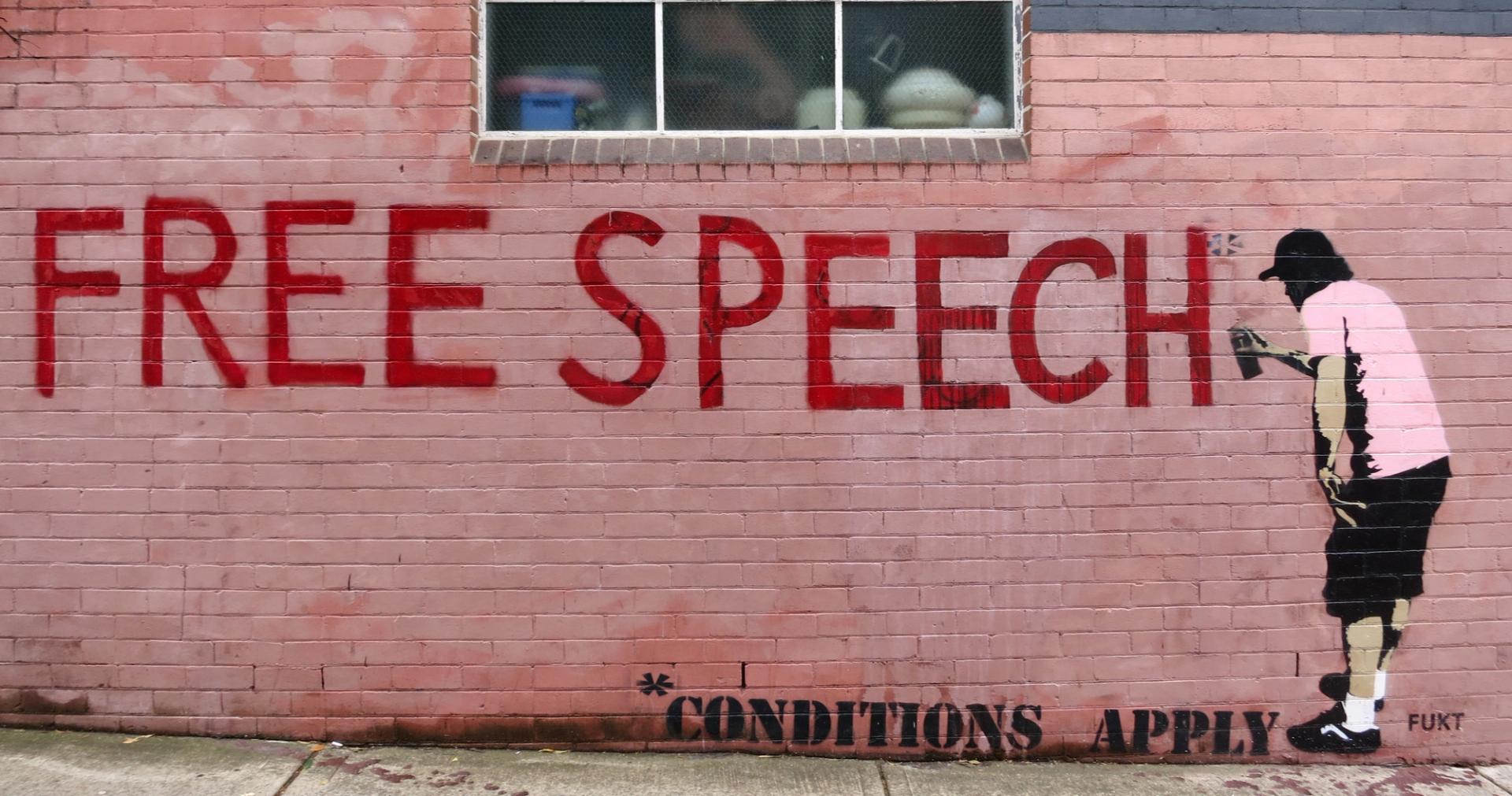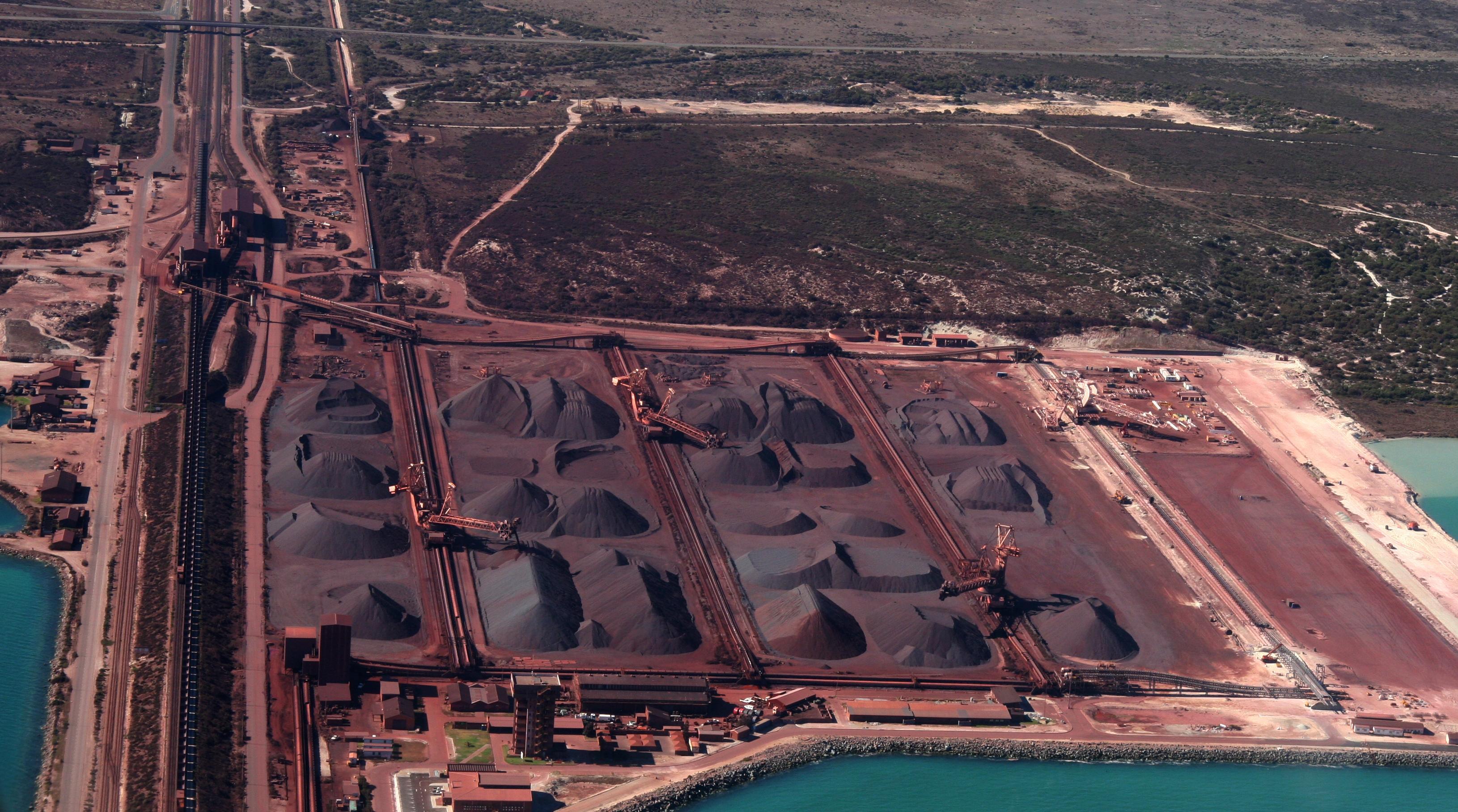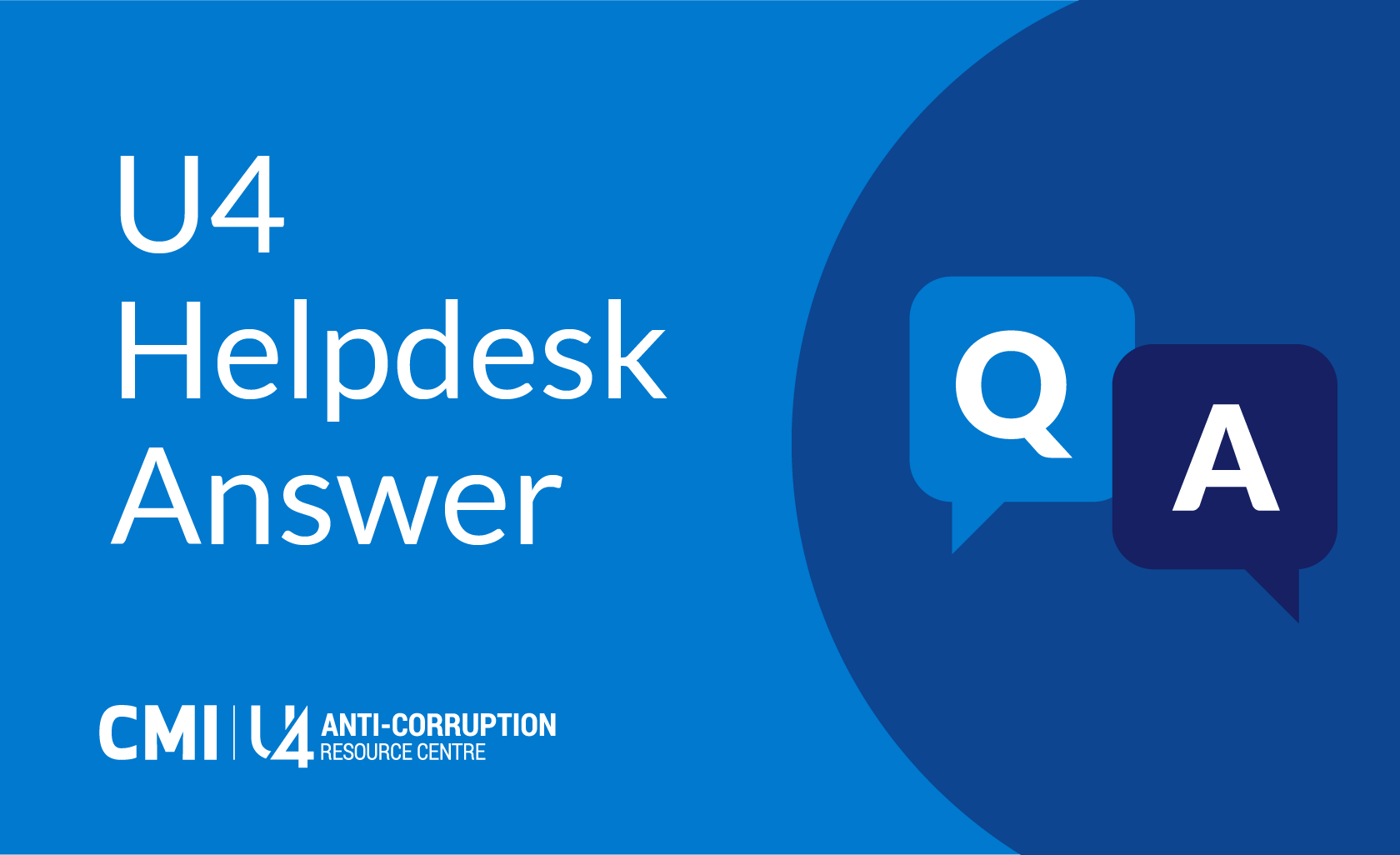Blog
Strategic litigation against public participation (SLAPP): fighting back against vexatious lawsuits

‘Have you ever been SLAPPed?’, I asked one of my colleagues. ‘Of course!’, he responded, ‘I sometimes feel like I have no energy at all!’ In Norwegian, slapp means exhausted – and that is exactly how we feel when we get SLAPPed.
In English SLAPP stands for ‘strategic litigation against public participation’. In French, it is called poursuites baillons, or ‘muzzle’ or ‘gagging lawsuits’. And that is what SLAPP does: through legal action it intimidates, threatens, and creates fear among the men and women who dare to speak out to defend the public interest, protect human rights and the environment, or report corruption and tax evasion practices. SLAPP undermines the right to freedom of expression and information. It is a threat to democracy and the rule of law in virtually every country.
At the U4 Anti-Corruption Resource Centre, we wanted to raise awareness among our partners (bilateral development agencies and ministries of foreign affairs) about the extent of the problem, how it affects journalists, whistleblowers, and civil society organisations, and, most importantly, what we can do about it. We therefore organised a webinar on 30 September 2021, held under the Chatham House rule.
How big is the problem of SLAPP?
Our speakers highlighted how these lawsuits consume their time, taking them away from their actual work to prepare a legal defence. They also spoke about how long and expensive they can be. Claimants do not necessarily want to win the case or even go to trial. They are more interested in the effects that the threat of legal action can have on those being sued: discouraging and deterring anyone from publishing and speaking out in the future.
Claimants can be companies, public officials or high-profile persons. They weaponise the legal and judicial system not only against media and civil society organisations but also against individuals, including journalists, activists, researchers, and whistleblowers. No one is safe from SLAPP: any organisation; anyone can be targeted.
The Foreign Policy Centre (FPC) conducted a survey in 2020, to which 63 investigative journalists from 41 countries responded. The results were shocking: 73% of respondents had been subject to legal threats. FPC published a subsequent report highlighting specific cases and the impacts on journalists.
Civil society organisations often find themselves targets of SLAPP. A civil society organisation for whom I once worked – Sherpa – was sued multiple times for disclosing the illicit practices of multinational companies. Strikingly, some colleagues were also sued as individuals. The financial and psychological pressure of this is immense.
Whistleblowers – and the organisations that support them – face similar legal actions. For example, four legal complaints have been filed against two whistleblowers from the Democratic Republic of the Congo, the Platform to Protect Whistleblowers in Africa (PPLAAF) and Global Witness for their 2020 investigation, Undermining sanctions. The two whistleblowers were sentenced to death in absentia in September 2020.
Researchers are not exempt from SLAPP. For example, Alain Deneault, a philosopher and researcher in Canada, his co-authors and his publishing house were sued for defamation by a multinational gold company because their book Noir Canada questioned the company’s practices in Africa. An out-of-court settlement was concluded and, as a result, the book can no longer be published. Another example from my own experience: despite my cautious and meticulous approach to evidence in my PhD thesis, when it came to publishing this material as a book (on illicit financial flows in the extractives sector), I was still fearful of being SLAPPed. Even writing this blog, I carefully consider and weigh every word I use.
These types of legal attacks therefore have a chilling effect. They silence critical voices and can lead to self-censorship.
SLAPP havens
The UK, European Union (EU) member states, and USA are among the most frequent jurisdictions used for these lawsuits – they are ‘havens’ for SLAPP. According to the FPC survey, the UK is the highest international source of SLAPP, with almost as many vexatious claims as in all EU member states and the US combined. There are several reasons that claimants appear to favour the UK:
- The burden of proof is on the defendant.
- The legal costs are high.
- The process to reach trial is lengthy.
- Both the organisation and the individuals that work for the organisation can be sued.
SLAPP is also expanding to the Global South. For example, in Niger Moussa Aksar, an investigative journalist on financial crime and editor-in-chief of the newspaper L’Evènement, was convicted in May 2021 and fined 200,000 CFA francs (approximately US$350) and ordered to pay 1 million CFA francs (US$1,730) in compensation for defamation following his investigation into the misappropriation of funds based on the FinCen Files revelations in 2020.
How can donors help?
There are many reasons to hope. There is a growing awareness of the problem at the policy-making level. CASE, a coalition of civil society organisations across the EU, has been pushing for the adoption of an anti-SLAPP directive at the EU level. In December 2020, the European Commission established an Expert group against SLAPP to advise the European Commission on any matter relating to the fight against SLAPP or the support to their victims. In march 2021, 100 organisations called for a Council of Europe recommendation on combatting SLAPP while the Council of Europe has previously expressed concerns over SLAPP. UNESCO established a Global Media Defence Fund as a Multi-Partner Trust Fund.
Donor agencies could do a number of things to improve the situation:
- Provide public and political support each time an organisation and individuals face SLAPP.
- Support the revision of legal frameworks to counter SLAPP and protect the victims of these abusive legal proceedings in countries where they run programmes and in their home countries.
- Raise awareness of SLAPP among those who may not be fully informed about this pernicious practice. For example, decision-makers and legal professionals, including lawyers who take SLAPP forward, and judges who may be unaware of how legislation is being abused.
- Support the creation of a pool or network of pro-bono lawyers around the world that can provide legal assistance when SLAPP arises.
- Adapt their funding approach and criteria in order to accept and support specific activities such as legal fees and legal defence (e.g., hiring a lawyer).
- Establish a dedicated fund to cover legal fees and costs which can be quickly put in motion to respond to urgent situations.
- Support targeted legal capacity building for journalists and civil society organisations, particularly in developing countries.
If journalists, civil society organisations, researchers and activists are prevented from disclosing matters of public interest (be it health, environment, human rights or illicit financial flows), it will undermine the rule of law and our fundamental rights. As one of our speakers put it: ‘SLAPP must not only be seen as individual attacks but as attacks on society as a whole’.
Disclaimer
All views in this text are the author(s)’, and may differ from the U4 partner agencies’ policies.
This work is licenced under a Creative Commons Attribution-NonCommercial-NoDerivatives 4.0 International licence (CC BY-NC-ND 4.0)

